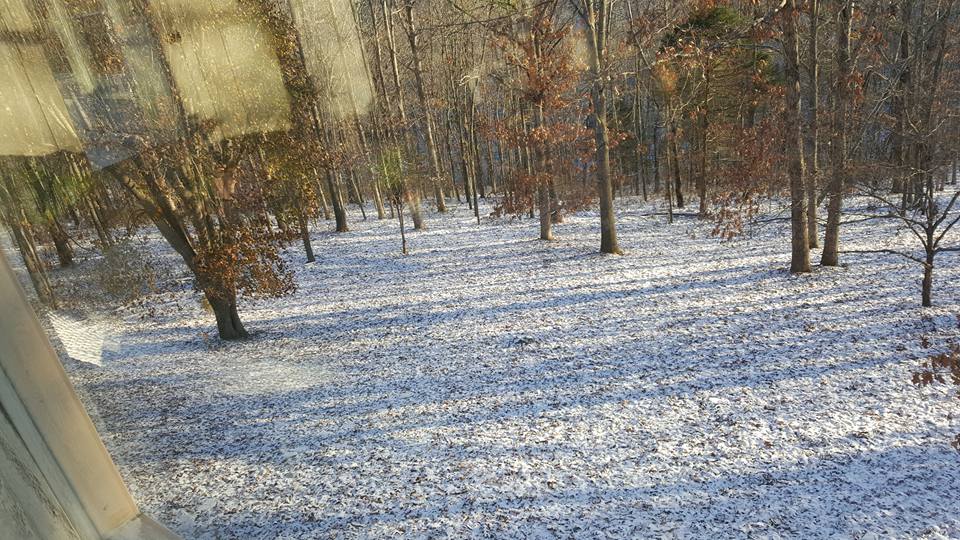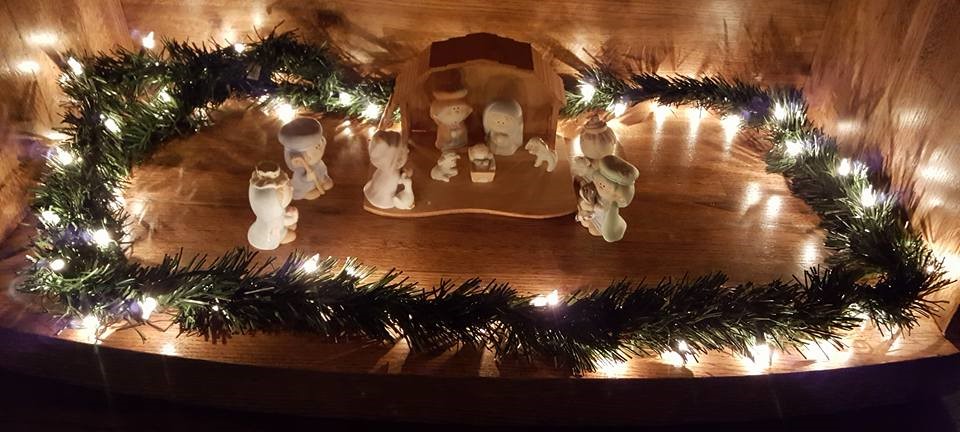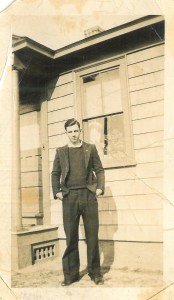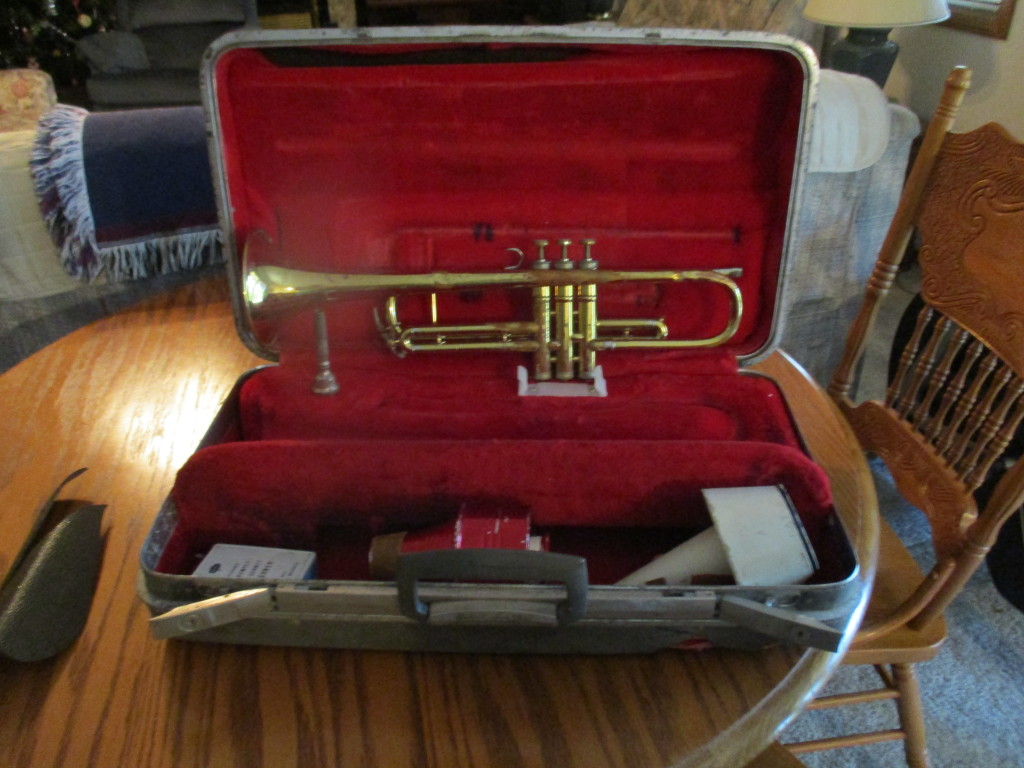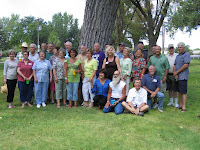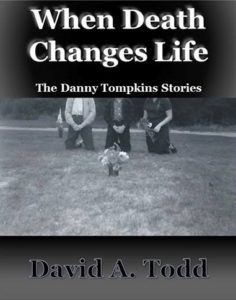
In my last post, I started talking about the life journey I’ve been on. Several times death has punctuated that journey. At least once that death was life-changing. I allude to this in my most recent publication, When Death Changes Life. While those collected stories are officially fiction, they do come from a point of knowledge about how a death in the circumstances described will impact a family.
In my melancholy moments, I often think about another death: that of Chemala Johanan Babu. He worked for me in Kuwait. When I changed companies there and became a Director of Infrastructure Engineering Services at Kuwaiti Engineers Office, I inherited a crew that was working offsite. We were partnered with a British firm to improve one of the interstate-quality highways in Kuwait. The crew we supplied was mostly CAD technicians. They worked under the supervision of the Brits, in their office, although they were employees of our company. I had no need to do anything regarding this team. The Brits processed everything about them, even their timesheets. All I had to do was watch their billable hours get added to our department’s.
I met them all only once. When I learned that I had this crew working offsite, since I hadn’t met any of them, I made a trip across the city to meet them. They were all names to me, who became faces, but faces I wouldn’t ever have to deal with. Babu was one.
Nothing to do with, that is, until the job they were working on came to an end, and these men (about eight of them) would have to be let go. It was a sad day when I had to write them all a memo, telling them their assignment would come to an end in a month, and that we had no other work for them, and thus would have to let them go. Sad, yes, but they knew it was coming. They knew they took an assignment that would end at some point, and that their employment wasn’t needed after that. Kuwait allowed workers in their position to shop around on the open labor market, and hopefully they’d find a job with another engineering company.
The day after that memo was out, Babu was in my office. I recognized him, and realized I had seen him one other time, at the National Evangelical Church of Kuwait. There were two large Indian language congregations (Tamil and Malayalam, if I remember correctly), typically each over 1,000 in attendance, that met very early Friday morning, much earlier than the English Language Congregation, all of us sharing the same facilities. I had seen him there once, not sure why the two of us were there at the same time. Now here he was, the third time I’d seen him. I’d met him once, and then seen him. Now seeing him again, I realized who he was.
He came to plead his case to remain employed. He really needed the job, he said. There was something about his visa that wouldn’t allow him to stay in the country unemployed while looking for a job. He would have to go home. At least, now 27 years after the event, that’s how I remember it. I felt sorry for him, and said I’d see what I could do.
I checked with the other directors, scoured my own department’s workload, and had nothing. I did, however, have the promise of a couple of projects that would start soon. One was another roadway project with a different British firm; the other was improvements at a university campus. Neither project was guaranteed, but both looked good. We would know on both in a couple of months.
I decided I could take a chance, keep Babu on staff for a month while we waited on those projects, and help him out. If those projects both came through I would have to hire someone. I reasoned that keeping him on staff for a month without billable work would be no more expensive than having to go through a hiring process.
I called the off-site office to tell him the good news. He wasn’t there; had been that morning, but not since lunch. He didn’t call me that day. The next day I called again. He hadn’t yet reported to work. Later in the morning I learned the awful news. The previous day he had been to the Indian embassy on some personal business. Taking the bus to near the office, he crossed a six-lane road on foot. Except he didn’t make it. He was hit by an Iraqi driver who was in the country illegally and driving without a license. Babu was killed instantly.
A day or two later I went to pay my respects to the family. He had lived with his sister and brother-in-law in one of the poorer sections of Kuwait City. I went there to find the streets packed with people from southern India, all coming to mourn with the family. One of our senior mechanical engineers was from Babu’s province and language group. He met me and brought me up to the house, through the crowd.
Inside, I met only the brother-in-law, as the sister was wailing in another room and didn’t want to meet anyone. He and I talked about what would be done with the body, if the police were notified, if there were any mourning rituals I could participate in (such as fasting). It was a good ten-minute visit, and I was off again. The mechanical engineer thanked me over and over for coming. I hope it helped them.
So, this was part of my life journey. Not a happy part, obviously. But, as I said earlier, it’s something that always comes to mind in my melancholy moments. As I get older, and am nearer to death myself than to birth, death will become more and more a part of my life. I’ll have many more chances to grieve, and to mourn with others. Yet, the story of Babu will stay with me, forever a memorable part of my journey.
